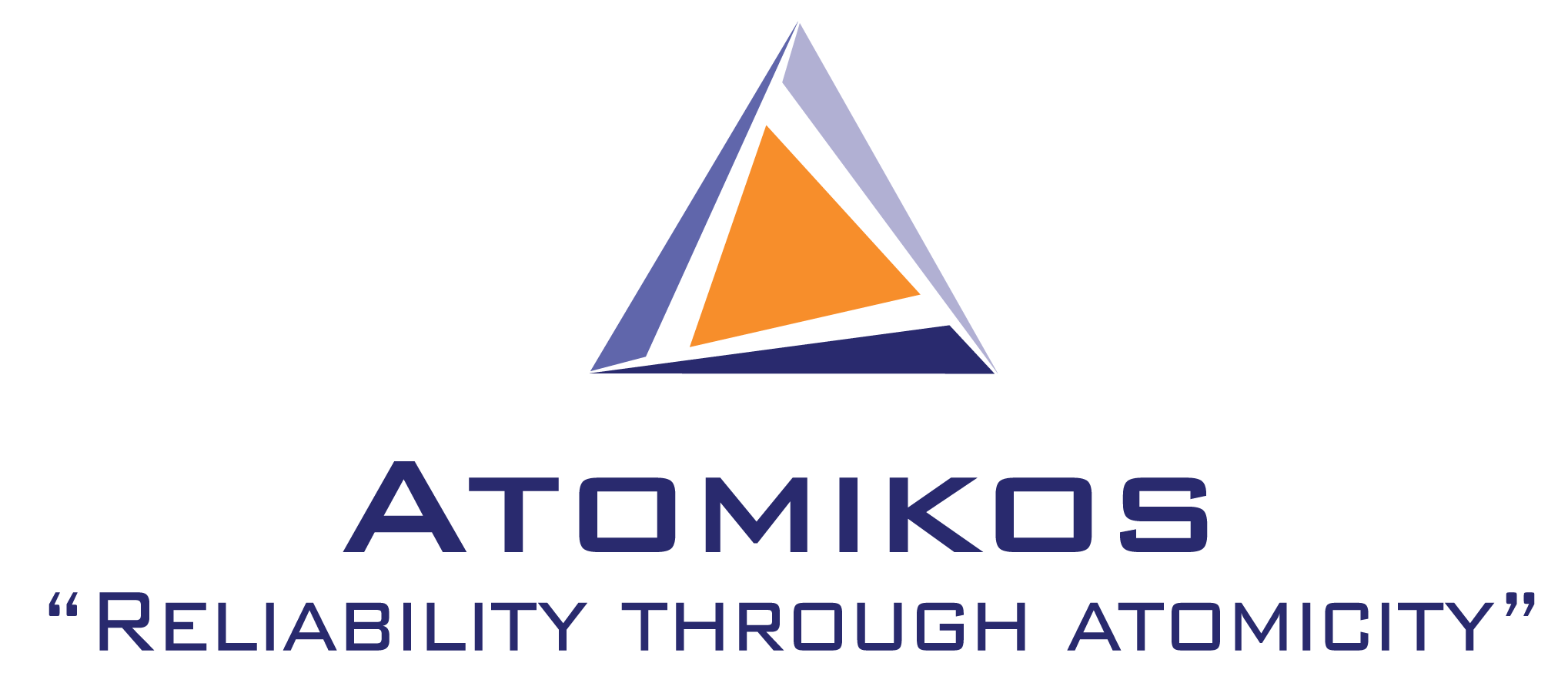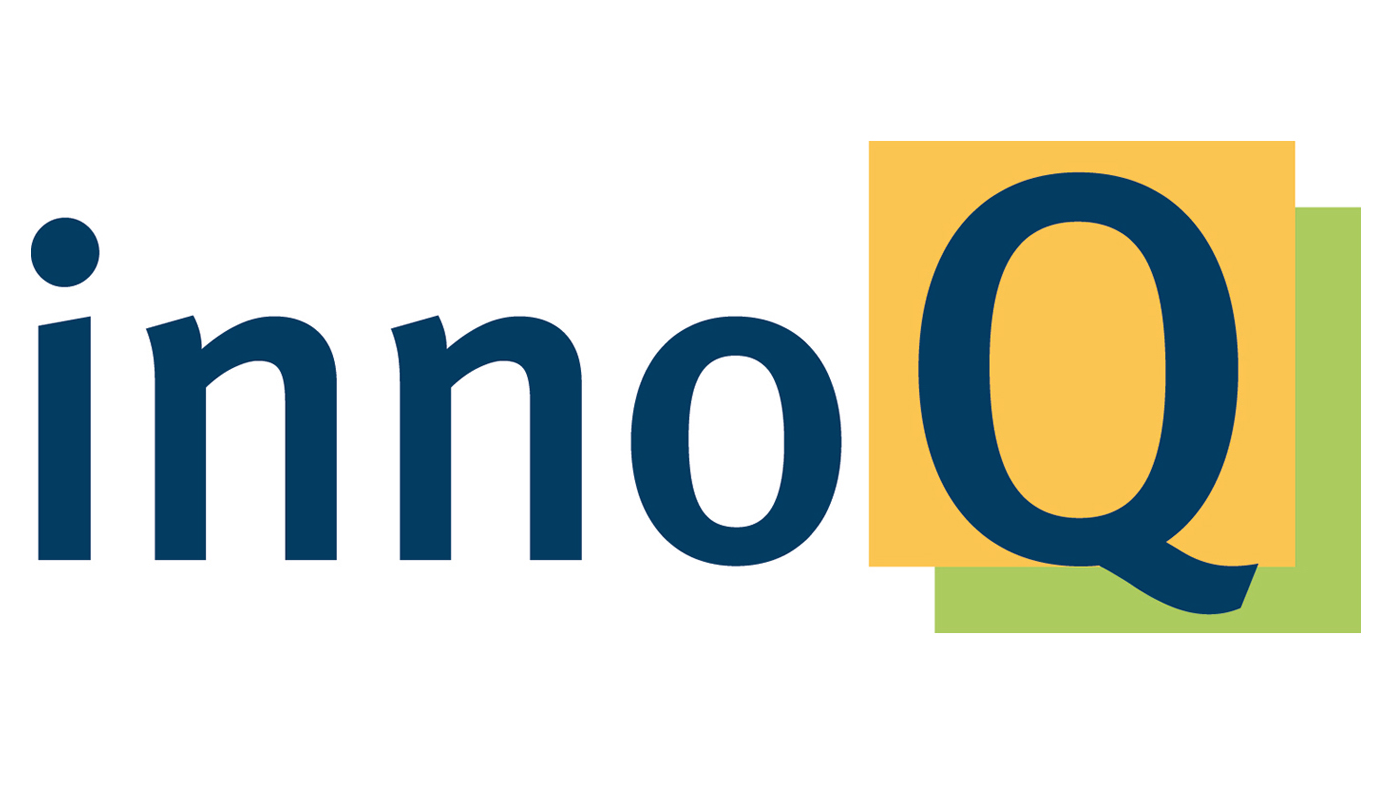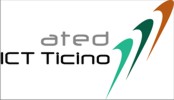Tuesday, June 7th, 2016 11:00-13:00, Room 355
Slides: slideshare
Information overload is a problem we daily experience when accessing information channels such as a Web site, a mobile application or even our set-top box. There is a clear need for applications able to guide users through an apparently chaotic information space thus filtering, in a personalized way, only those elements that may result of interest to them. Recommender systems have been originally conceived having e-commerce scenarios in mind but they rapidly spread to different knowledge and application domains and are nowadays a fundamental building block of many personalized information access systems. Together with the transformation of the Web from a distributed and hyperlinked repository of documents to a distributed repository of structured knowledge, in the last years, a new generation of recommendation engines has emerged. As of today, we have tons of RDF data available in the Web of Data, but only a few applications really exploit their potential power. The availability of such data is for sure an opportunity to feed personalized information access tools such as recommender systems. They rely on the the use of Linked Data as a source of information to enrich items description and provide new services.
The main goals of this tutorial are:
- Provide an introduction to recommender systems by describing the main approaches available to design and feed the recommendation engine;
- Show how to exploit the information available in the Linked Open Data cloud to develop a new generation of recommender systems.

Tommaso Di Noia is Associate Professor since 2014 in the field of Information Processing Systems at Polytechnic University of Bari. Currently, his main research topics deal with Linked Open Data and how to leverage the knowledge encoded in Big Data datasets in order to develop content-based/collaborative/context-aware recommendation engines (recommender systems). Strongly related to this latter research topic is the analysis and modeling of User Profiles in Information Retrieval scenarios. As for Linked Open Data, he is interested in the whole process of production, publication, maintenance and exploitation of the ultimate technological solutions for Open Data.










